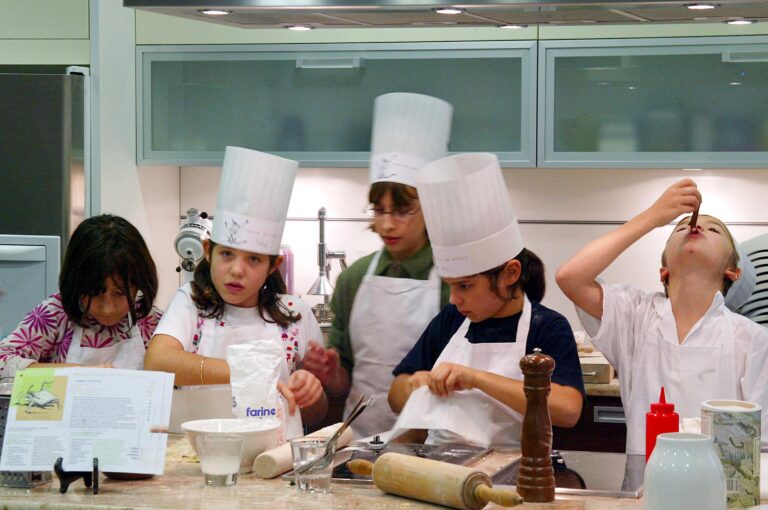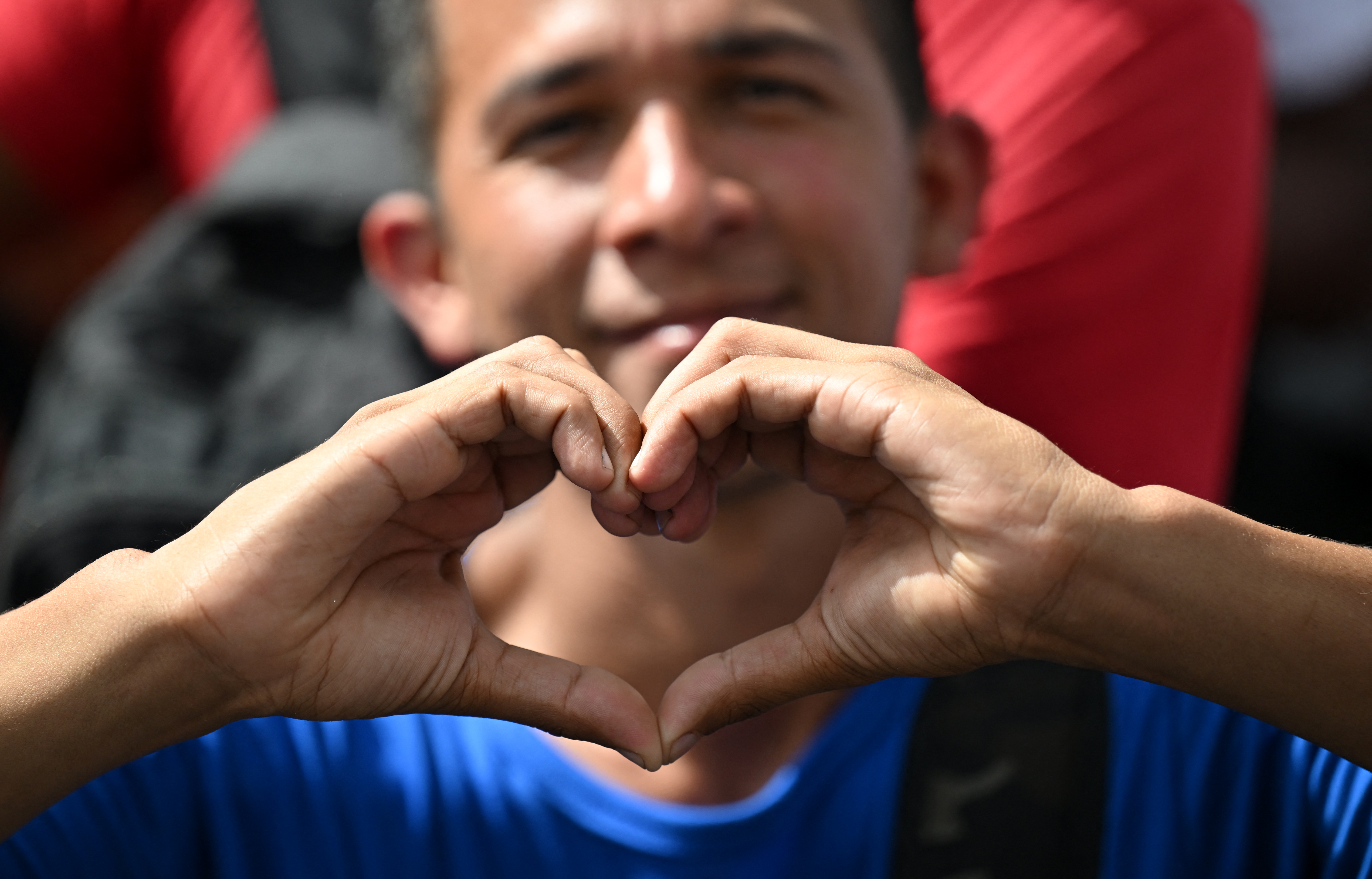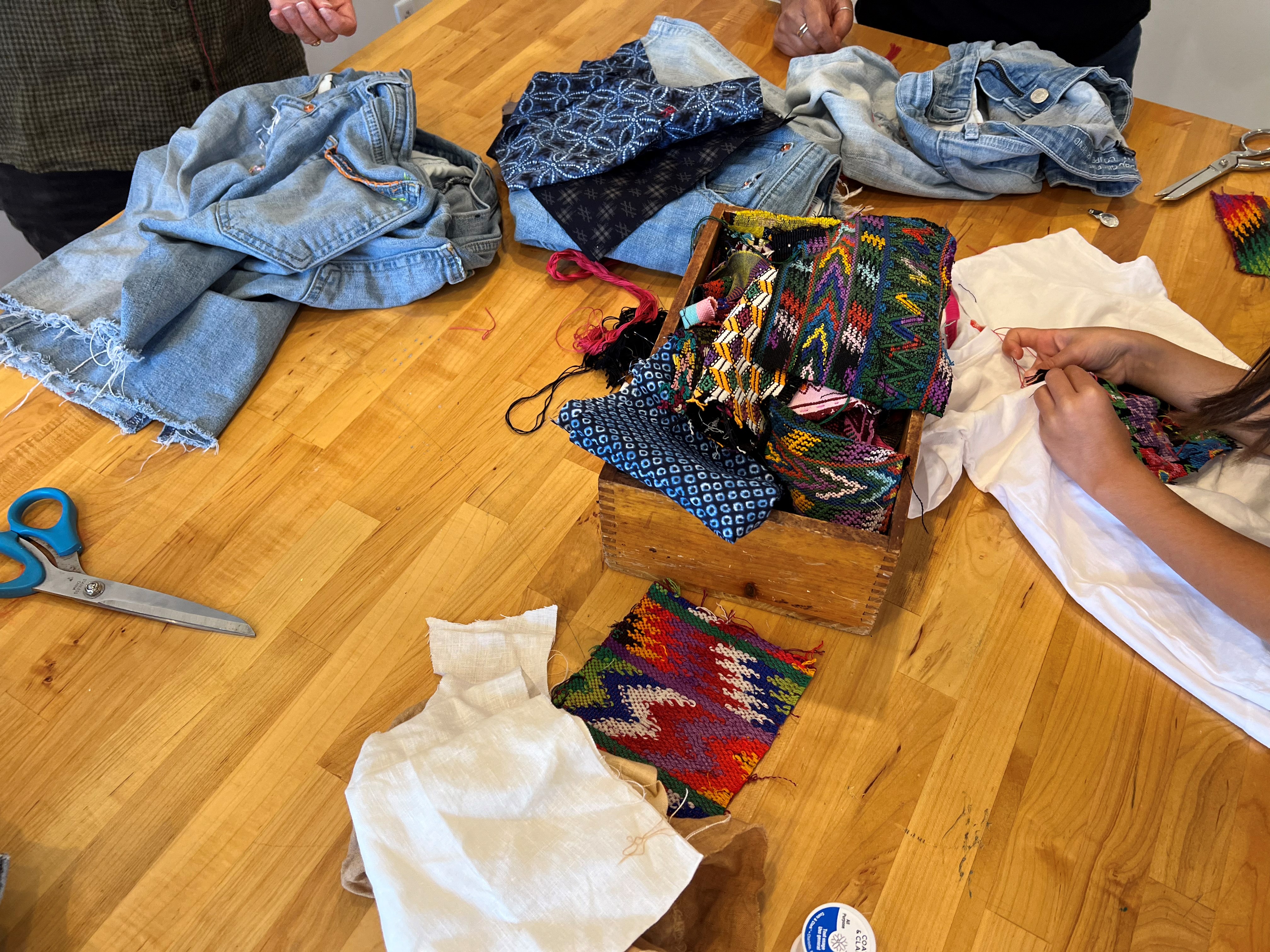
If you’re entering your adult years, you’ve got to wonder at some point – what are we all doing here?
When we were kids, most of us thought that 18-year-olds had their lives together and those in their 20s were fully fleshed adults.
When Zillennials (a cross between late-stage millennials and early Gen Z-ers) entered that age group themselves, most of them started to realise that the adults they knew probably had no idea what they were doing either.
Picture this – you’ve graduated high school and maybe college and are taking your first steps out into the corporate world. Or perhaps you’re studying abroad for the first time, and you’ll be on your own without your family in an unfamiliar place, surrounded by unfamiliar people.
There are no teachers and no mummy or daddy to help you figure out new things. You’ll mostly be on your own when it comes to boring but necessary adult things like taxes, insurance, or even fixing a leaky pipe.
Then, you’ll be frantically searching Google, surfing Reddit, reading articles, and skipping through videos in the hopes of finding a solution to your problems, wishing that school taught you these necessary lifelong skills and wondering if other people your age are facing similar issues.
Trust us, you’re not the only one.
Frankly, we’re still figuring it out ourselves – and since we’re being honest, adulthood kind of sucks right now. But that’s what we’re here for, ey?
I hate when kids scream in public… you don’t have real problems. It should be me screaming. MEE
— Timmy&Jimmy (@mickeywon234) October 19, 2022
School should have prepared us for more
Granted, school taught us a lot. But it should have taught us a lot more about the world too.
Why aren’t there classes on things like taxes, retirement funds, legal systems, and such? Why doesn’t every school have classes about useful soft skills?
Perhaps it can be argued that these types of classes are mostly ineffective due to age-appropriate interests.
After all, teenagers don’t seem to care for such far-off decisions – they rather focus on what’s useful for them right now, like figuring out how to study effectively or how to write a college admissions essay.
These are all fair arguments. But school is where children spend most of their formative years after all – it’s the perfect place to nurture, if not begin, learning about these lifelong skills.
Everyone says that traditional knowledge like reading, writing, mathematics, and more will pave the way for high-income careers, success, etc. But today, things are vastly different – being good at numbers is one thing, but you must also have the necessary lifelong skills to succeed.
This aligns with what employers today are looking for. According to a report by HireVue, more than half (54%) of employers today are shifting to a skills-based hiring process rather than focusing on education or past experiences.
The same report says that communication, teamwork, critical thinking, problem-solving, and written communication skills were the top skills favoured by employers.
But think back to your days in school or college. If they weren’t filled with petty squabbles and complaints over group assignments, thank your lucky stars. A majority of us spent a fair amount of time in school fuming over problems that could have been easily resolved if we had been taught how to approach conflict correctly or communicate better.
So perhaps it’s high time schools consider including useful soft and hard lifelong skills in their curriculum, like some of these useful ones below:

School teaches us to tell time, but what about how to manage it? Source: AFP
Soft lifelong skills that schools should have taught
Teaching professionals are placing greater value on essential lifelong skills, believing that they are important for successful education and employment, says data from Skills Builder Partnership’s Essential Skills Tracker 2024 report.
Here are our top picks.
Time management
Even adults find it hard to manage their time, so it’s no wonder that students constantly feel overwhelmed. They have to fit everything they have and want to do into the few short hours before and after school, and things start to pile up as they get older. Boom – disorder.
This makes school the perfect place to learn valuable time management skills and build positive habits. After all, time management is a lifelong skill that even CEOs worldwide practise daily — it’s a skill that can set a student up for success.
Moms really ate with that “one day you’ll understand” thing cause one day arrived fr
— Princess (@hlulanimanyike) August 26, 2024
Problem-solving
We’ve got 99 problems and too few solutions.
Learning to resolve problems is arguably one of the most important lifelong skills you’ll learn. Whether solving a tough math equation, facing negative peer pressure, or dealing with workplace issues, we’ve had to deal with problems at all stages of our lives.
And mummy and daddy aren’t going to be there to solve them for us, as much as we want them to.
Schools must present students with effective problem-solving models that can be used in virtually every situation. For example, to solve a problem, you need an end goal; to achieve that goal, you’ll have to ask questions like “what,” “why,” “how,” etc. By teaching students to solve problems on their own, it bolsters their analytical and deductive thinking, which will be useful in years to come.

As far as debates go, the presidential debate wasn’t the best example. Source: AFP
Debating
A deeper dive into communication skills.
Many say that Generation Alpha is rude, aggressive, disrespectful, and defiant. Children constantly wreak havoc in schools and online spaces, passing off being rude and demeaning as “roasting” or “being sassy,” even downright bullying strangers on the Internet or the people around them.
Back in our day — yes, we know, very boomer of us — we were scared of strangers on the Internet, not being rude to them.
Learning how to debate a topic means listening carefully to the other party’s position and opinions, then thinking and responding calmly. Debating well teaches students to respect people with different ideas, express disagreement in a calm and civil manner, and think before responding to differing opinions.
This is an important lifelong skill to have, regardless of age. Even the older generations could learn a thing or two about being able to debate respectfully!
Collaboration
Schools encourage collaboration with group projects, assignments, and team-based activities, but are they doing enough?
More often than not, you’ll find students complaining about their group members or teammates, being unhappy and disgruntled with each other. Unfortunately, we’re all too familiar with that.
This is when support is needed; educators have to carefully monitor collaborative activities and support students who are struggling or not contributing. They must encourage students to reflect on themselves and their peers, identify gaps, and seek compromises. Only then will students learn to work and collaborate with others, no matter how difficult it may be.
After all, how else would they deal with conflict as an adult?

A little self-love can go a long way. Source: AFP
Self-love
It’s a little cliche, but self-love is a lifelong skill essential for a happy life. And trust us — as an adult, you’re going to struggle a lot with it.
Students must know they are important, loved, and more than enough. They have to learn to set their own boundaries and say “no” when the time calls for it. Without self-love, students will fall into people-pleasing habits and may potentially face more mistreatment and abuse from others. That in turn takes a toll on their mental health.
With self-love comes resilience and a desire to be better. Students will be more likely to take on new challenges and cope and learn from their mistakes.
The hard lifelong skills and knowledge you need as an adult
Financial planning
Yes, we learned numbers in school – math, physics, geography, and more. But most of us never learned how to apply them to day-to-day life. What can algebraic formulas teach about credit scores or investments or how to cash out or balance a check? These are the real lifelong skills we need.
As this Redditor puts it, “Teach financial in high school instead of sending fresh 18-year-olds out into the world on their own with predatory credit card companies just waiting to ruin their life.”
Studies have shown that individuals with a stronger understanding of financial literacy are more likely to own stocks, plan emergency funds, or stash away a retirement plan for the future. Keep spending on a sweet little treat every day and see where that gets you in 10 years.
Insurance
Insurance – especially health-related insurance – is a necessity, especially in countries like the US, which has the most expensive healthcare services in the world. For reference, healthcare spending in the US averages US$13,493 per person; other countries average less than half that amount.
Insurance is a way you can ensure your own financial stability, especially in unexpected situations. Medical emergencies, car accidents, theft, fires or floods are all things no one can foresee and prevent from happening. That’s why insurance exists to be a safeguard of sorts.
We get it – it’s not easy having to pay for something you hope you’ll never have to use. But look at it differently; would you rather pay thousands out of pocket, or have a cooperation do it for you in exchange for a fraction of the price?
The federal government taxes you 30% and has the audacity to suggest that grocery stores making 1.5% profit are greedy.
— classicalliberty (@jsolom100) August 18, 2024
Taxes
Everyone has paid tax at some point. It could be through a job, self-employment, or even buying groceries or eating at a restaurant. But despite its importance, it remains a mystery to many young folks, and too many people leave school without understanding how taxes work or affect them. Just ask us — we’re still new to it.
Most people can probably remember eagerly opening their first paycheck, only to discover that there’s a missing chunk of money, AKA tax payments. But what is income tax, and how is it different from value-added tax (VAT)? How do you file taxes or apply for tax relief and payouts?
For such an annual headache, you would think that a class or two on it should be compulsory in schools. Understanding how to file your taxes is one of the most necessary lifelong skills, after all.
Job preparation
While some higher education institutions or private schools offer career guidance and training courses, learning how to prepare for a job interview should be part of every school curriculum. Just look at the state of the job market today; 48% of employees are eager to look for new jobs in the coming year, but not all of them will land better ones, especially if they don’t have a good resume.
Essential job preparation skills, such as creating a resume, writing a CV, or even attire and grooming, are valuable assets. It’s not uncommon for high school students to work part-time jobs or find shifts to earn money, so it makes sense that school is the perfect time to start preparing.
“In all schools in my country, getting a job is just a thing they expect you to know,” says this Romanian Redditor. “Every single one of the employers think that a 16-year-old teenager knows absolutely everything about what they have to do as an employee, but they don’t even know what a CV is.”

Home ed skills might not seem like much, but when you’re in a pinch, they’re fantastic to have. Source: AFP
Home ed
This could be a little broad, but everyone should know more than just how to cook pasta or hammer a nail. Students need to be taught things in depth, especially since they spend most of their formative years in school.
Many surface-level tasks seem easy at first.
For example, children know how to vacuum and mop the floor, but they probably don’t know that mixing cleaning chemicals is dangerous. Students may know how to turn on the stove, but not how to connect a gas cylinder. Storing food in the freezer is easy, but what’s the best way to reheat it?
Other lessons could include safe handling tools like wrenches, screwdrivers and pliers, simple home and automobile repairs, mending torn seams, checking for tripped breakers, etc.
Again, these could be skills that parents are supposed to be responsible for, but there is no harm in allowing students to practice and reinforce these skills in a learning environment.










